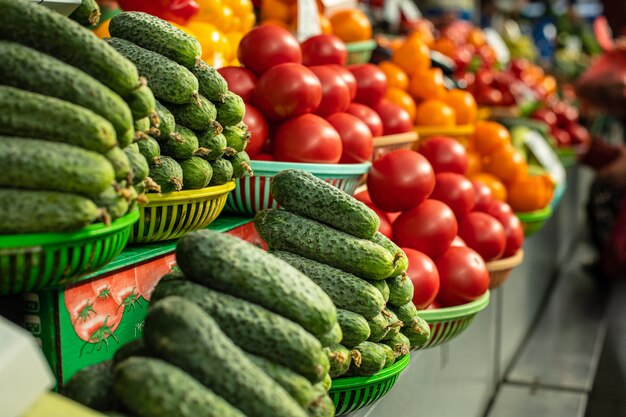
The Democratic Republic of the Congo (DRC) is currently grappling with a severe food shortage, a crisis that has been escalating over recent years. Multiple factors have contributed to this dire situation, including ongoing conflicts, displacement of populations, and climatic changes affecting agricultural productivity.
As millions of Congolese face hunger, neighboring Uganda finds itself in a position to potentially relieve some of this suffering while also benefiting economically.

Prolonged conflicts, particularly in the eastern regions, have disrupted agricultural activities, displacing millions of farmers and leading to a decline in food production.
According to the World Food Programme (WFP), over 27 million people in the DRC are currently facing acute food insecurity. This crisis is worsened by poor infrastructure, which hinders the distribution of food supplies, and climatic conditions, such as floods and droughts, that further reduce agricultural yields.
In addition to internal challenges, the DRC's weak governance and lack of investment in agriculture have compounded the problem. Corruption and inefficiencies within the food supply chain mean that even when food is available, it often fails to reach those most in need.
International aid agencies are working tirelessly to provide relief, but the scale of the crisis demands a more sustainable solution.
Uganda, is in a unique position to respond to this crisis. Ugandan farmers could potentially play a big role in mitigating the food shortage in the DRC. Uganda's agricultural sector is more stable and productive compared to that of the DRC, and Ugandan farmers have the capacity to increase production to meet the rising demand from their neighbor.
Several factors make Uganda a suitable candidate to supply food to the DRC. Uganda's climate is favorable for agriculture, with two rainy seasons that allow for multiple harvests per year. This provides a steady supply of crops such as maize, beans, and bananas, which are staple foods in the region.
Uganda's proximity to the DRC means that transportation costs are relatively low compared to other potential suppliers. Improved road networks and trade routes between the two countries facilitate the movement of goods, making it easier and quicker to deliver food supplies where they are needed most.
Uganda's government has been supportive of agricultural trade, with policies aimed at boosting production and export. By capitalizing on these policies, Ugandan farmers can expand their market reach into the DRC, ensuring a profitable outlet for their produce while also helping to address the food crisis.
For Ugandan farmers, exporting food to the DRC represents not just an selfless endeavor but a substantial economic opportunity. The demand for food in the DRC is high, and the prices for agricultural produce are likely to be favorable given the shortage.
By establishing reliable trade relationships, Ugandan farmers can secure a steady income stream, which could lead to further investment in agricultural technology and infrastructure, boosting productivity and sustainability.
The increased demand from the DRC could encourage the diversification of crops and the adoption of improved farming practices. This would not only enhance food security in Uganda but also improve the overall quality and quantity of produce available for export.
The food shortage in the Democratic Republic of the Congo is a humanitarian crisis that requires immediate and sustained action. While international aid efforts are crucial, regional cooperation can provide a more sustainable solution.
Ugandan farmers are well-positioned to play a significant role in alleviating the food shortage in the DRC, benefiting both nations. By using their agricultural capacity, Ugandan farmers can help feed millions of hungry people in the DRC while also reaping economic benefits that will strengthen their own agricultural sector.
This symbiotic relationship emphasizes the importance of collaboration in addressing food insecurity in Africa.

















